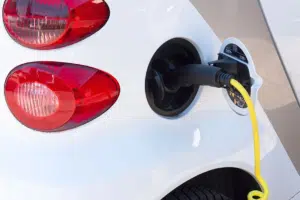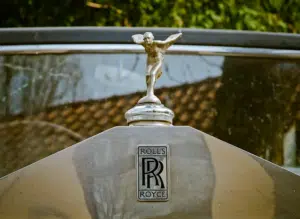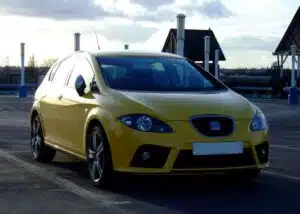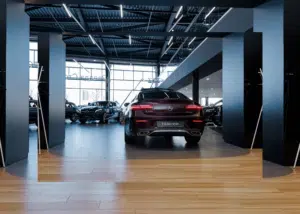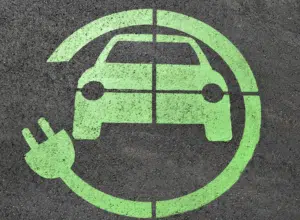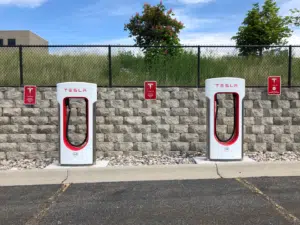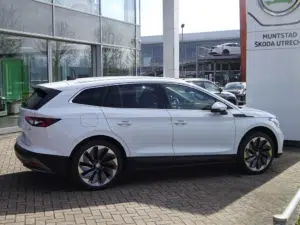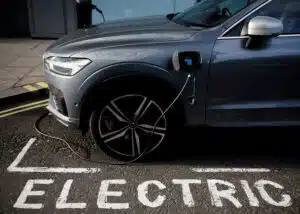Since the diesel gate scandal erupted in 2015, car manufacturers have been placed under close scrutiny and have not hesitated when it comes to the production of cleaner electric vehicles, in a bid to increase sustainable transport. Earlier this year, Volkswagen admitted its responsibility for the diesel crisis in 2015, in which it evolved that the carmaker had been deliberately cheating regulators and misled customers by using software to suppress emissions tests. As a result, Volkswagen amassed a considerable bill and has now paid over £25 billion in fines, compensation, and refit costs for its affected vehicles.
With Volkswagen’s reputation in tatters, the European Union had no choice but to reform test procedures, which meant that as of September 2017, new car models are now subject to stricter tests that are more representative of real-world driving conditions. Therefore, car manufacturers now have the all-important decision to make, which is either to invest in new, cleaner alternatives such as electrified technology as opposed to diesel or fight these new regulations.
Politicians have backed electric cars heavily since the diesel gate scandal broke and most recently, it appears that car manufacturers are too as Porsche has announced that it will no longer offer diesel cars in the future as it refocuses its energy on hybrid and electric car technology. With the automotive industry increasingly betting on a future where we drive electric vehicles, the question that arises is what does the future hold for diesel in the UK?
According to a new study, diesel car sales are set to fall and account for approximately 15% of the UK market by 2025. The government also announced last year that the sale of diesel cars will be banned by 2040. In a new scheme designed to reduce air pollution, parts of the UK, such as London, have already banned petrol and diesel cars in certain areas by introducing clean air zones and it’s likely that many other councils will consider introducing clean air zones too.
By introducing clean air zones, this will play a key role in the diesel demise, however, the effectiveness as to these zones can be scrutinized. So what are the solutions for sustainable transport? Is it electric vehicles? Other countries already have strong electrical vehicle mandates, with Europe currently being left behind and although it is clear that electric vehicles have a role to play in the future, the question is, are they really sustainable?
There’s a general consensus that diesel emissions are bad for our health and that for a sustainable future, we need to have fewer and cleaner vehicles on the road. If Europe is to become involved in the shift to electrification, it is likely that jobs within the automotive industry will be created, while many will also be lost. The need to embrace electrified vehicles so quickly has left us with the issue of their resale value. Electrical vehicles add a great deal to the asset side of sustainability, with no tailpipe emissions and having a much smaller local environmental impact.
Reducing noise pollution and with no real gearbox, electric vehicles are perhaps a stepping stone towards a more sustainable future and should not be an end in themselves. If you’re toying with the idea of buying yourself an electric vehicle as they are gradually becoming more popular and your thinking about their environmental impact, you may want to sell your car and we are here to help. We’ve been helping customers to sell their cars longer than anyone else, so you’re in safe hands.




















